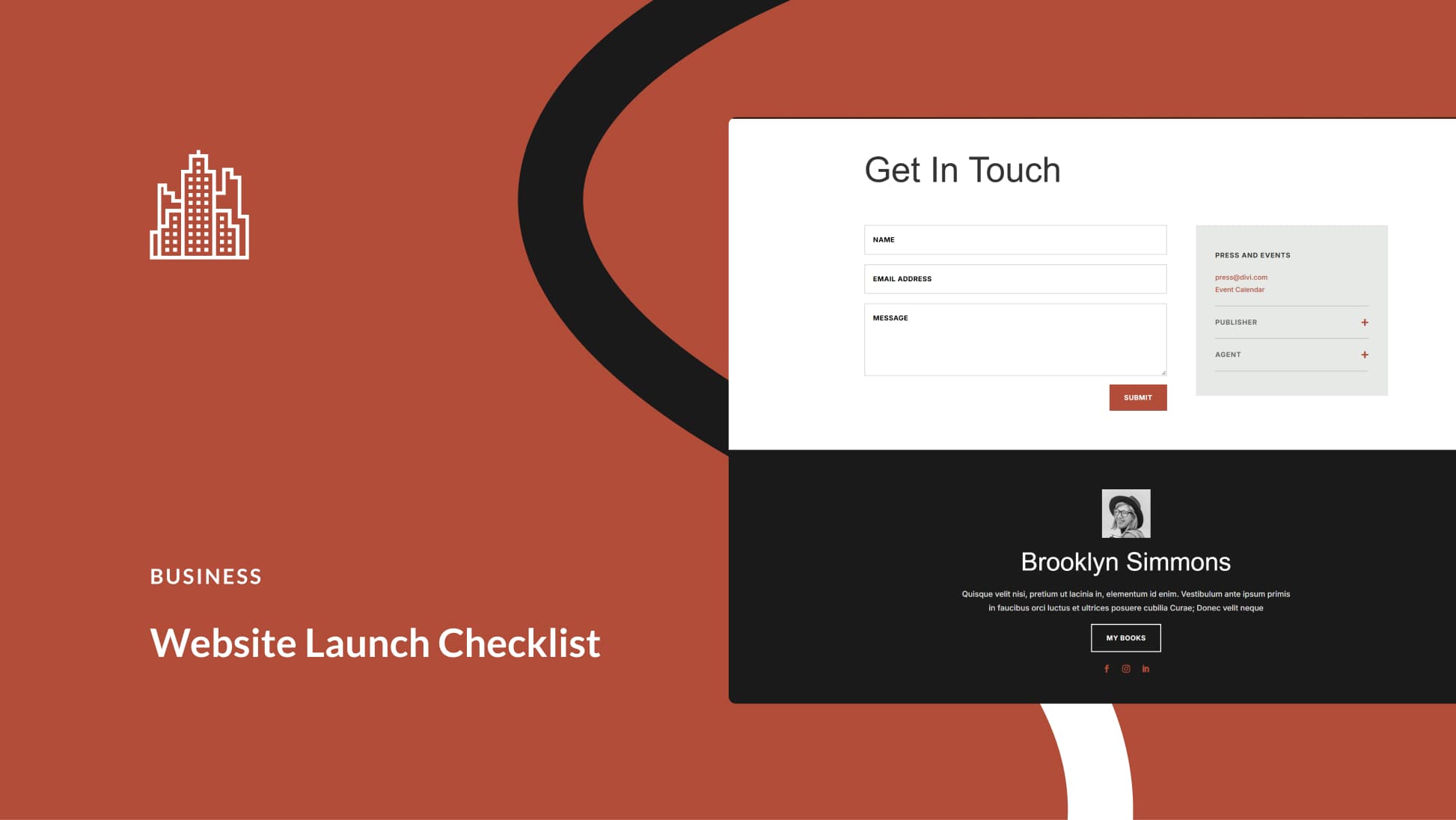A lot of people fall into the trap of trying to ‘blend’ into the world of business. On the other hand, “You do you” is a powerful motto that encourages you to focus on the unique skills you bring to the table. This helps you carve out a niche for yourself, and is a way to make your work much more enjoyable.
In this article, we’re going to talk more about the “you do you” approach, and how it can benefit you in business. Then we’ll talk about how to apply this motto in the workplace.
Let’s get to it!
Why “You Do You” Is a Powerful Business Approach
When we talk about the motto “You do you” in business, we mean focusing on your unique strengths. For some, trying to fit into a role that doesn’t suit your skills or interests may seem like the only way to get ahead. Others may feel that they have to have a hand in every aspect of their companies.
In reality, it’s much easier to be successful if you can acknowledge and play to your strengths, then let others take on the tasks you’re less skilled at. Whatever your own unique selling point is, embracing it can bring you amazing benefits in the business world.
To start with, “doing you” can help you stand out from the crowd. This is key when marketing your services to potential clients or employers. Whether you have a unique approach to a traditional service or you bring a likable personality to the office, the thing that makes you notable is your best chance to attract attention.
Focusing on what you do best also enables you to refine your skills in a specialized area. Then, you can request higher rates for your services. If you turn the majority of your energy towards becoming highly proficient at one or two skills, you can charge clients more than if you offer mediocre services in many areas.
Honing in on what you do best isn’t all about monetary benefits, though. If you’re lucky, what you do best will align with the tasks that bring you the most satisfaction. In other words, embracing the “You do you” motto can be highly rewarding, both in terms of your finances and your overall happiness.
Embracing the Motto “You Do You” to Grow Your Business (In 3 Steps)
It’s easy enough to say, “focus on what you do best” and then leave you to your own devices. Instead, we’re going to provide you with some practical advice to help you get there.
Step 1: Narrow Down What Your Strengths Are
At the risk of sounding like a self-help guru, the first step to “doing you” is figuring out your strengths. The answer, of course, depends on what type of work you do. For example, if you’re a WordPress developer, you might excel at troubleshooting, creating amazing user experiences, optimization, or any of a hundred different things.
If you’ve been in business for a while, then you might already know what your strengths are. If not, you can try to zero in on the areas you excel at by asking yourself a couple of questions:
- What particular tasks at my job give me the greatest sense of accomplishment?
- Do I regularly get positive feedback from clients for any specific aspects of my work?
Your answers should help you hone in on one or two areas where you do your best work. Once you know what those are, then you can figure out how those strengths fit into the broader picture of what clients actually want.
If you’re having trouble answering those two questions, don’t feel bad about it. It doesn’t mean there aren’t areas in your field where you excel – only that it’s going to take a bit of extra work to recognize them. In that case, you might look into resources such as StrengthsFinder to give you an outside opinion.
Step 2: Understand How Your Skill Set Fits Into the Market and/or Your Company
It’s important to understand how the areas you want to specialize in fit into the bigger picture of what clients need. For example, if you want to focus your business on WordPress optimization, then you should target WordPress users who need help improving their sites’ performance and content.
In some cases, the market you want to focus on might be too niche. Let’s say you want to work in social media marketing, but only for WordPress websites. If that’s the most ‘you’ angle you can find, all the more power to you. The problem is that’s such a specific market, getting noticed by clients will probably be an uphill climb.
In this example, your skill set might be put to best use if you work with a team. Part of understanding your strengths is acknowledging how your skills fit in with others’. If “doing you” means doing social media marketing for WordPress sites, maybe you need to build a team that includes someone who can do the same for other platforms, or someone who handles branding for WordPress sites.
This extends to other areas of business as well. You might have a company that is highly successful when it comes to serving clients, but your budget is a mess. Instead of trying to get the books in order yourself, it may be time to hire an accountant. This will give you more time to focus on helping your clients, where your skills can really shine.
Of course, on occasion the “You do you” mentality may not be financially viable. If your goal is to start and grow a business, then you’ll need to have a decent knowledge of the market you’re trying to break into. This will help you determine if your idea is worth pursuing. Whenever possible, however, it’s best to try and avoid doing it all yourself.
Step 3: Rebrand Your Business to Highlight Your Strengths
Once you find your strengths, and understand how they fit into the market, it’s time to rebrand yourself. To put it another way, you can’t continue to target the exact same clientele you did before, if you’re going to narrow or change the focus of your business.
To give you an example, if you used to be an “I’ll build the entire website myself using WordPress” kind of developer, but now you want to focus on troubleshooting, you’ll need to market yourself accordingly. Instead, you’ll be an “I’ll fix whatever is wrong with your WordPress website” developer.
Rebranding isn’t always easy, but it helps to follow a few basic steps, including:
- Updating your website and social media profiles to reflect your new brand (i.e., colors, logos, taglines, etc.).
- Re-focusing your content strategy to target your new client base.
- Updating your prices to fall in line with the new tasks you’ll be working on.
Likewise, if you have any ongoing clients, you need to decide whether to keep them on or begin divorce proceedings. Usually, we’d recommend seeing through any projects you’re in the middle of – both to avoid burning bridges, and to ensure that you have a safety net in case your new venture needs some time to get off the ground (they usually do!).
Conclusion
When it comes to business, a lot of the people at the top are there because they have unique skills that make them irreplaceable. By focusing on what they do best, they can deliver better results, and that’s something we should all strive towards.
Embracing the “You do you” mentality in business can be challenging, so here are three tips to point you in the right direction:
- Narrow down what your strengths are.
- Understand how your skill set fits into the market and/or your company.
- Rebrand your business to highlight your strengths.
What do you think about harnessing the “You do you” mentality in the workplace? Share your thoughts with us in the comments section below!
Article thumbnail image by ProStockStudio / shutterstock.com









I don’t think one can “narrow down your strengths.”
Firstly, narrow means:”become or make more limited or restricted in extent or scope.”
1. “Down” is superfluous. You can’t narrow something up.
2. You can’t limit your strengths. If they ARE in fact strengths, then they exist and will remain so.
3. But what you CAN do is assess your strengths and focus on those few at which you perform the best and which give you the greatest joy.
I discovered the first six weeks of college that because I was good at math and chemistry I didn’t have to focus on majors that required those skills. I was a civil engineering major because I wanted to build bridges. But I discovered that I didn’t care a whit about tensile strength, I wanted them to look good. I realized that I was visually oriented. So I went into film.
Now, I am retired and build websites because I want them to look good. But they still have to be strong enough to “carry the traffic” from where someone is to where they want to go. My websites help them do that.
And that is how I narrowed my focus and not my strengths.
Hi John,
Thanks for the great article. Standing out from the crown by being a unique individual makes good sense. It is certainly easier to be yourself than it is to be someone else !
Thanks,
Matthew
Couldn’t agree more, Matthew! Thank you for your kind words. 🙂